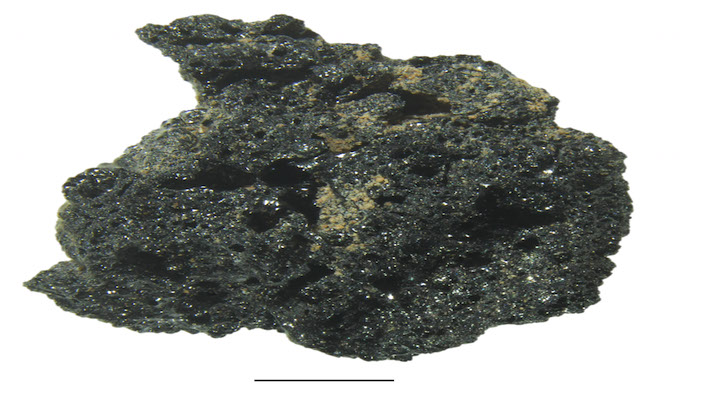Lina Zeldovich
AUTHOR / JOURNALIST
Jordan’s 14,000-Year-Old Piece Of Bread Rewrites The History Of Baking And Farming

When an archaeologist working on an excavation site in Jordan first swept up the tiny black particles scattered around an ancient fireplace, she had no idea they were going to change the history of food and agriculture. “They looked like what we find in our toasters,” says Amaia Arranz-Otaegui, an archaeobotanist from the University of Copenhagen—except no one ever heard of people making bread so early in human history. “I could tell they were processed plants,” Arranz-Otaegui says, “but I didn’t really know what they were.”
Turned out she had just fund the oldest bread remains in the world. Read Full Story on NPR
